There is no better illustration of Volkswagen’s determination to move on from the Dieselgate scandal than the production lines of its Wolfsburg HQ.
For those that don’t know, Wolfsburg – laid out in the 1930s to build the Beetle and now home to the Golf family – is Europe’s biggest car factory. Last year it built 827,400 Volkswagen Golfs, Volkswagen Tiguans and Volkswagen Tourans with a workforce of 21,000. For scale, its perimeter is said to contain an area as big as Gibraltar.
It is also generally accepted to be the world’s biggest-output car factory under a single roof, even if one of VW’s joint venture plants in China is said to build more, from four individual buildings.
Given the background of VW’s Dieselgate woes, at first it seems surprising that journalists are being shown around this plant, which surely will reveal Wolfsburg as a ghost factory, the tumbleweed blowing through disused assembly halls, the workforce gathered to discuss last night’s football rather than screw together some more of those dirty diesels.The reality is far from it. It will come as a shock to critics that Wolfsburg looks to be in rude health, with the two main Golf production lines pumping out 2200 cars a day at a near-perfect 98.3% capacity utilisation.
If a few glitches could be eradicated, plant boss Jürgen Bastek is confident Wolfsburg could achieve 100% capacity utilisation – a figure that most European car plants can only dream of.
Yet despite this flourishing production, VW remains committed to the most dramatic upheaval since it phased out the Beetle for the Golf – a refocus on electric cars, with a brand transformation to match, and a wholesale reorganisation to prevent a future repeat of Dieselgate.
Wolfsburg is pretty much first in the firing line of this revamp. While it is not yet confirmed as the home of the new MEB-platform electric car family, it’s safe to assume a large proportion of the million electric cars per year VW says it will build by 2025 will be screwed together in Wolfsburg.

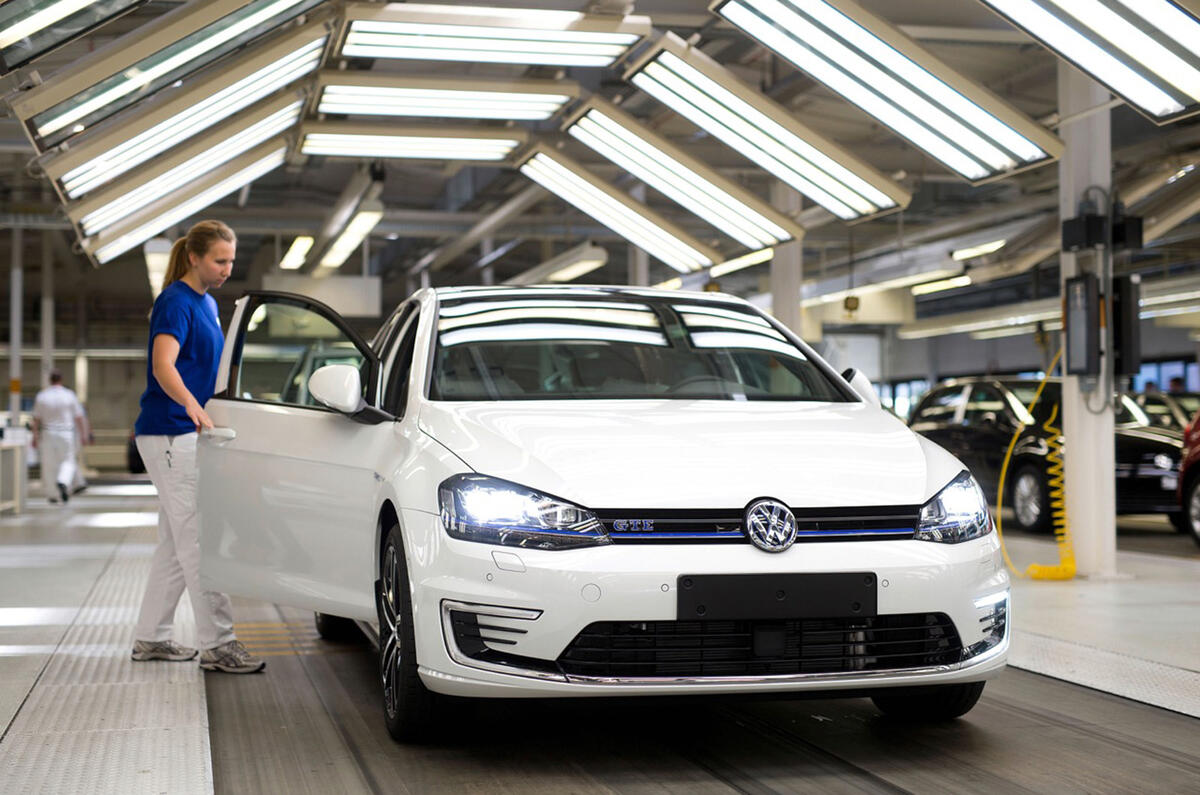
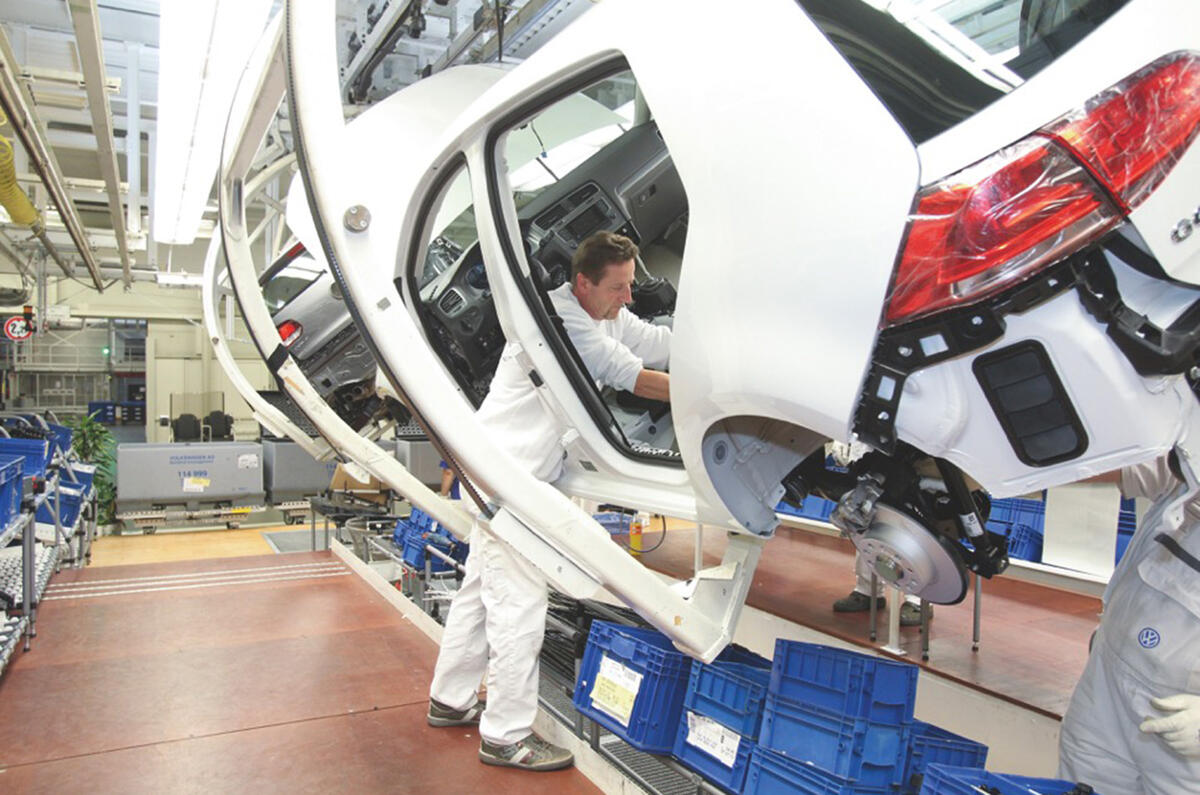
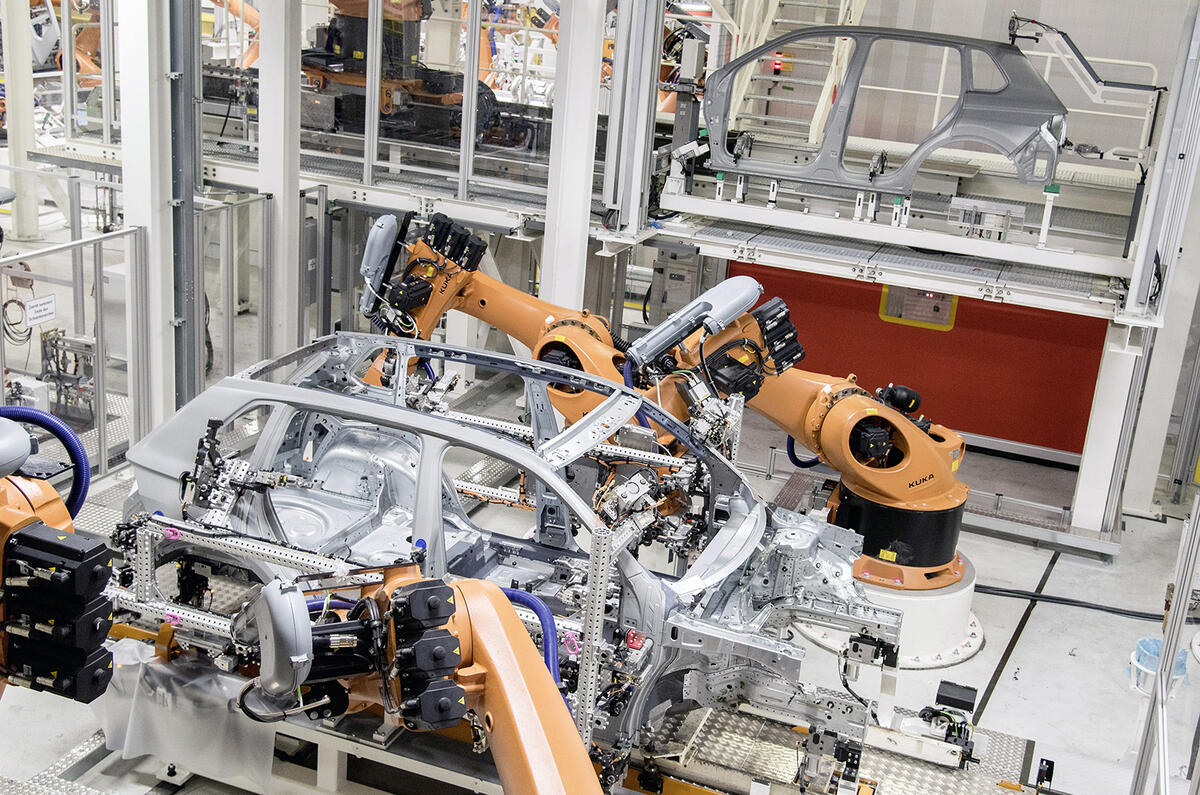
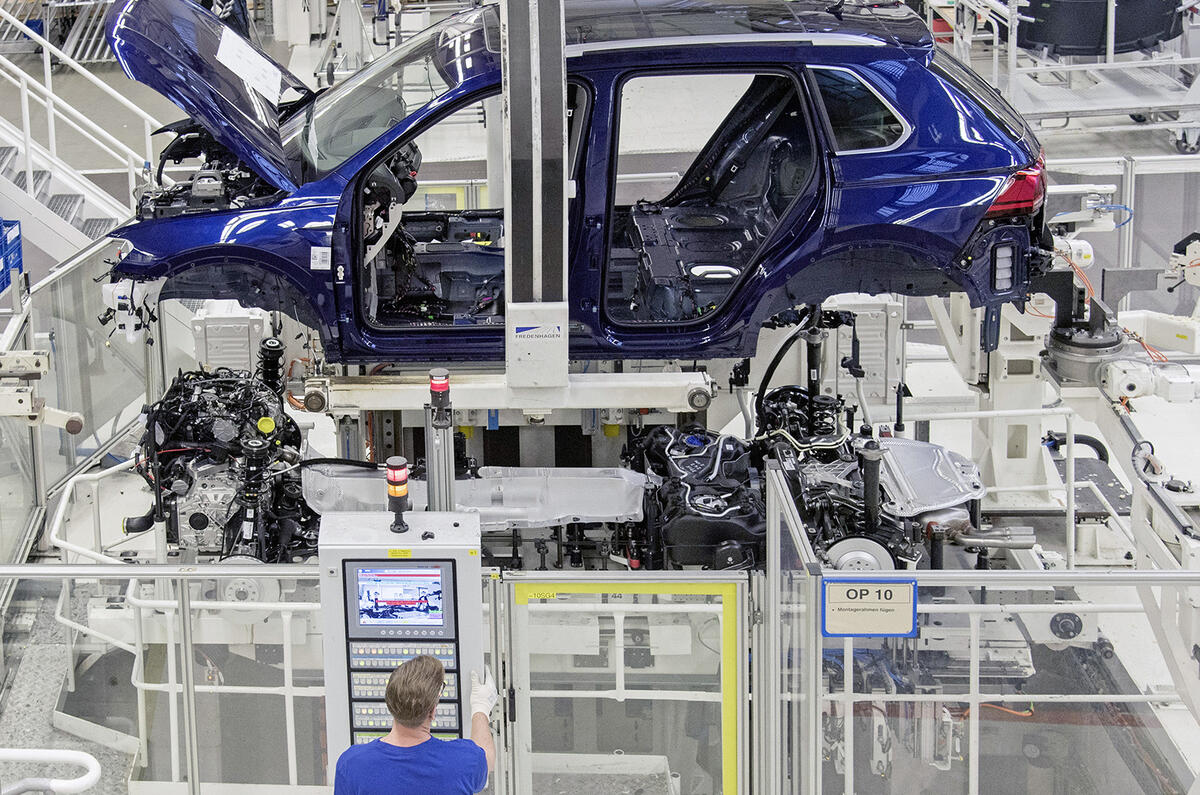
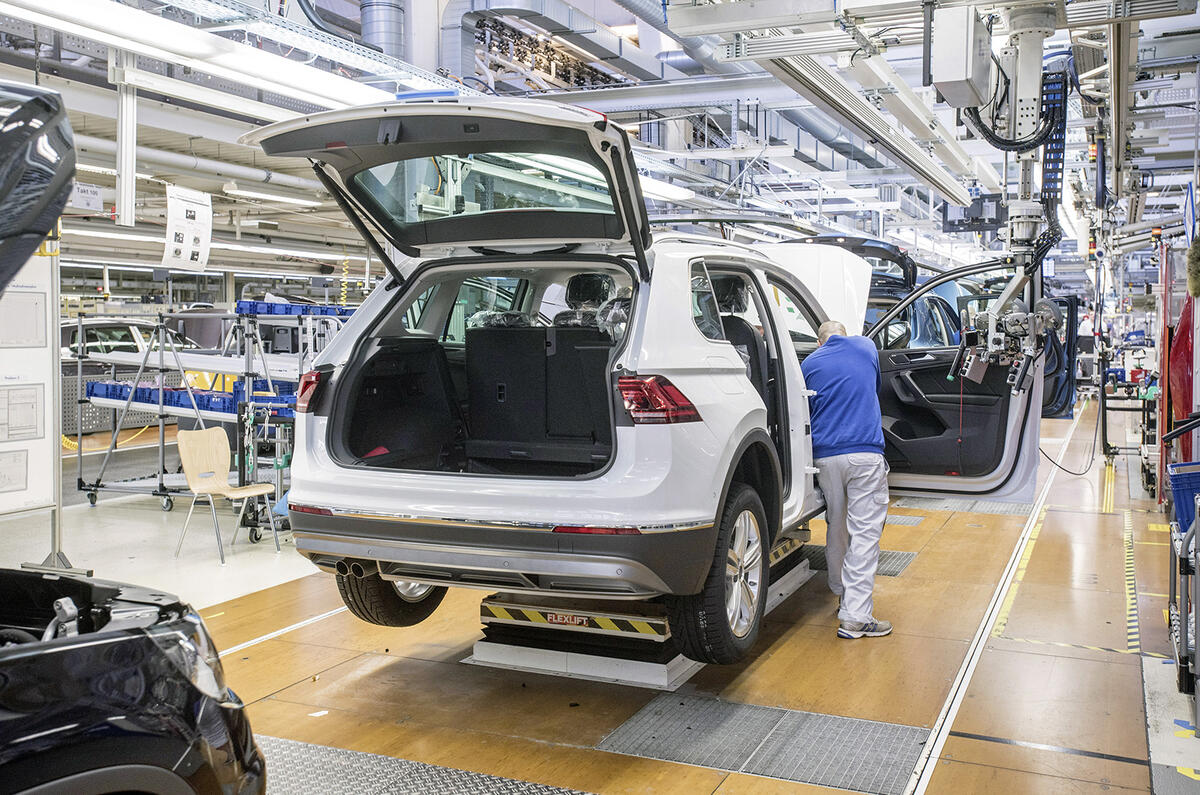
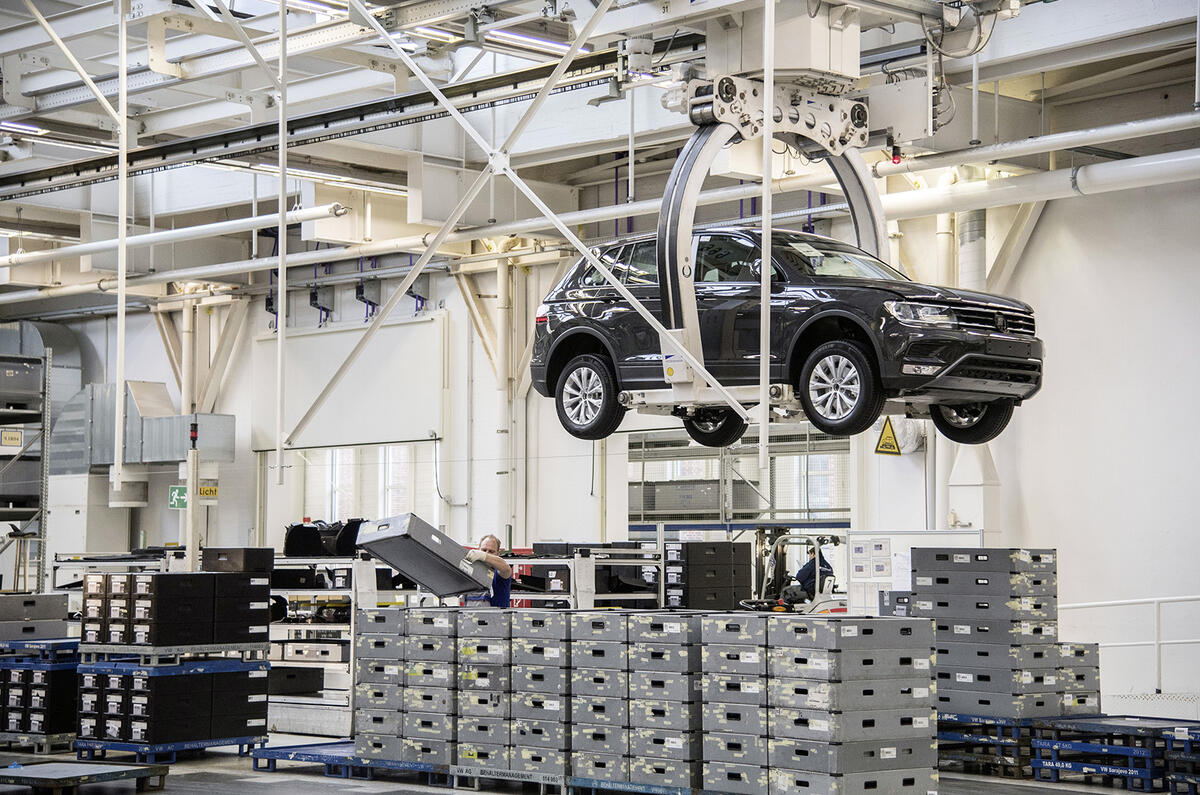
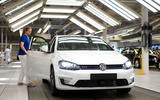
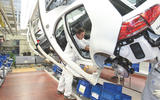
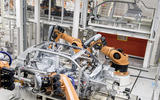
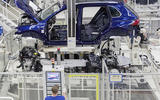
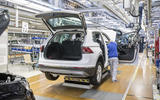
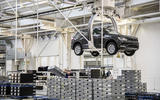




Join the debate
Add your comment
VW scaling down?
All that fuss...
Who's to say what kind of problems a rushed electric platform is going to result in for them, over the next 5-10 years?
no doubt the electric range will be 300 miles official 70miles a